Bienvenidos al "Instituto de Ciencias y Culturas Indígenas"
Bienvenidos al "Instituto de Ciencias y Culturas Indígenas"




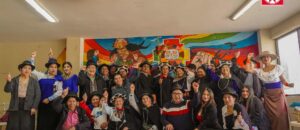
Indigenous Cultures and Sciences Institute, ICCI. It was legally established on September 12, 1986, through Ministerial Agreement No. 2183. It is a private, non-profit institution.
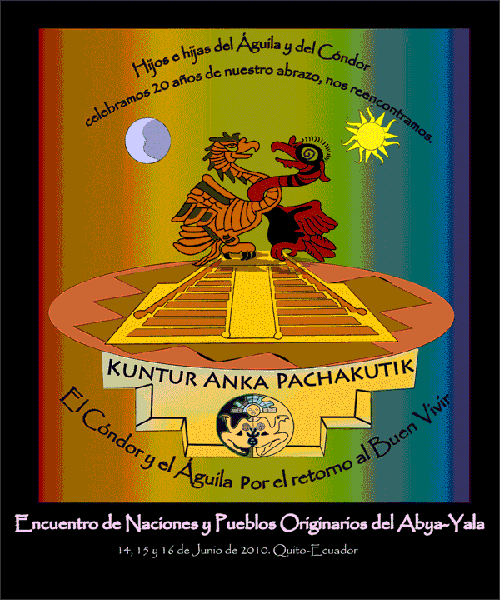
The ICCI is comprised of an interdisciplinary team of both indigenous and non-indigenous professionals with extensive experience working in the indigenous communities and peoples of Ecuador. These professionals are committed to promoting activities related to indigenous nationalities and peoples at both national and international levels.
Mission
The ICCI is an entity primarily dedicated to documenting the knowledge and practices of indigenous peoples through research, training, and the dissemination of information that revitalizes individual and collective identity. The Institute also provides technical assistance to public and private entities in activities related to indigenous peoples, directing knowledge towards overcoming marginalization.
Values
The ICCI participates in the construction of a culturally, politically, socially, and economically just, equitable, and plural society, based on harmony between the human community and Mother Nature.
Values
Our return to new times, to good times, is governed by the principles of our ancestors, which are commitment, creativity, respect, transparency, and solidarity.
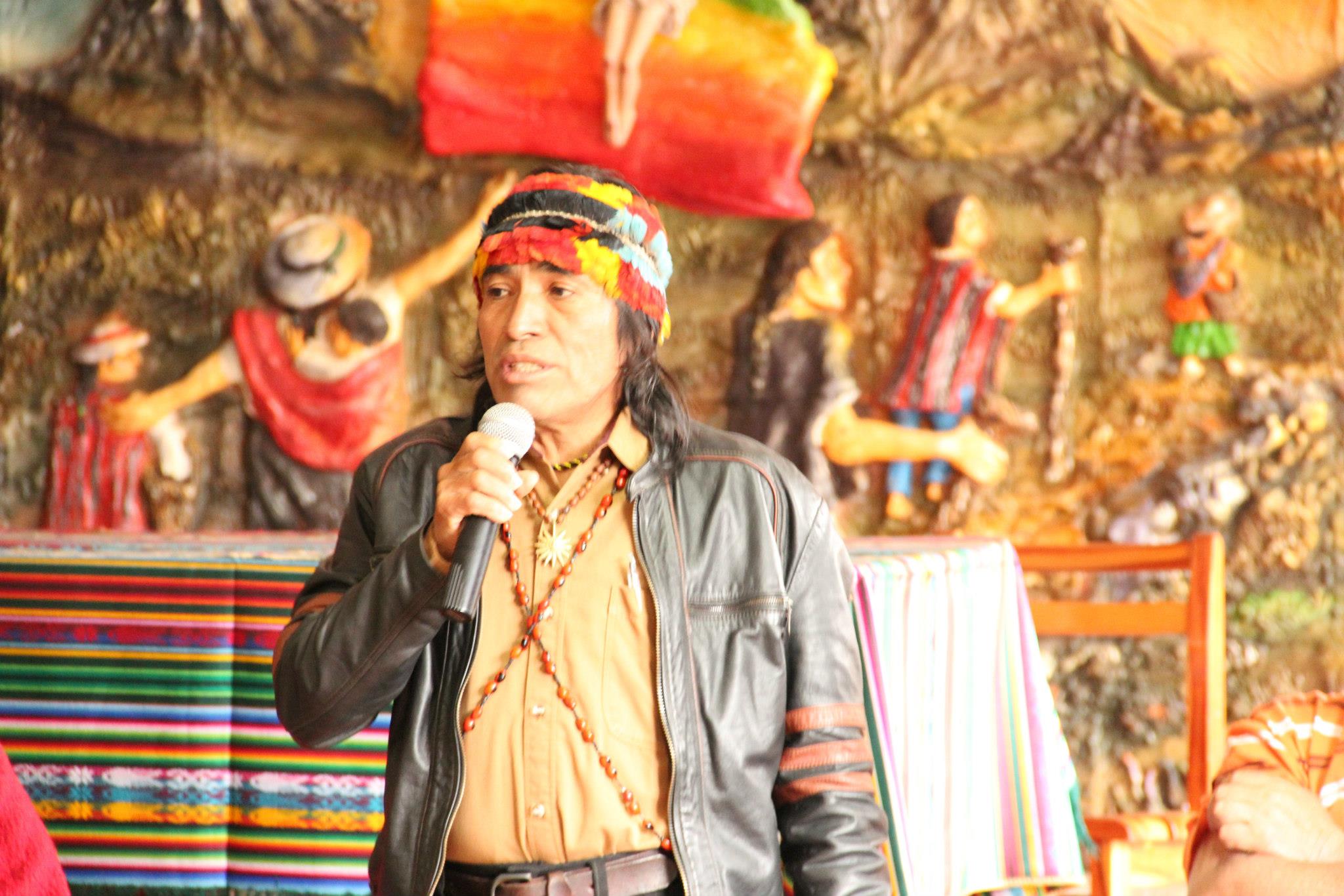
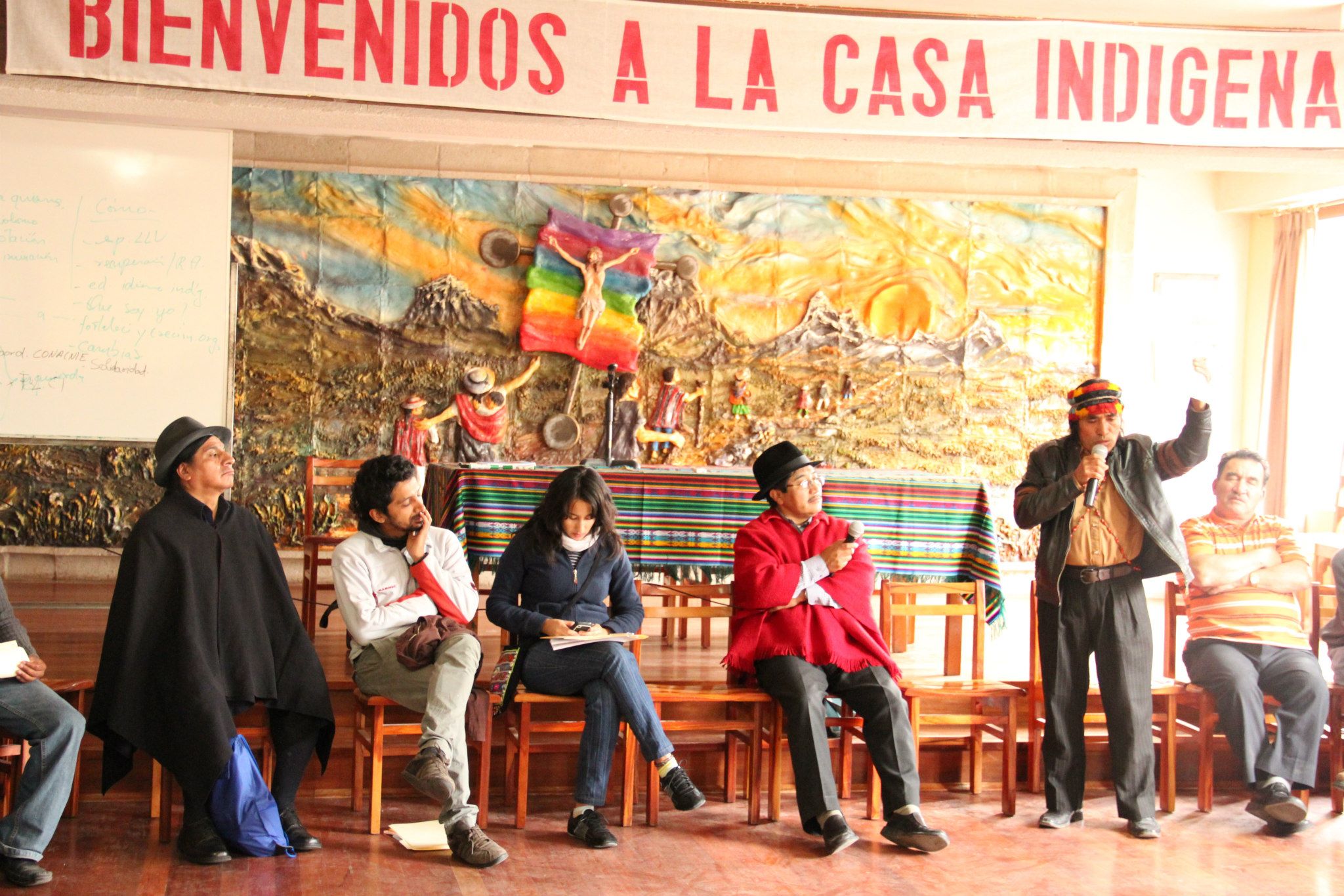
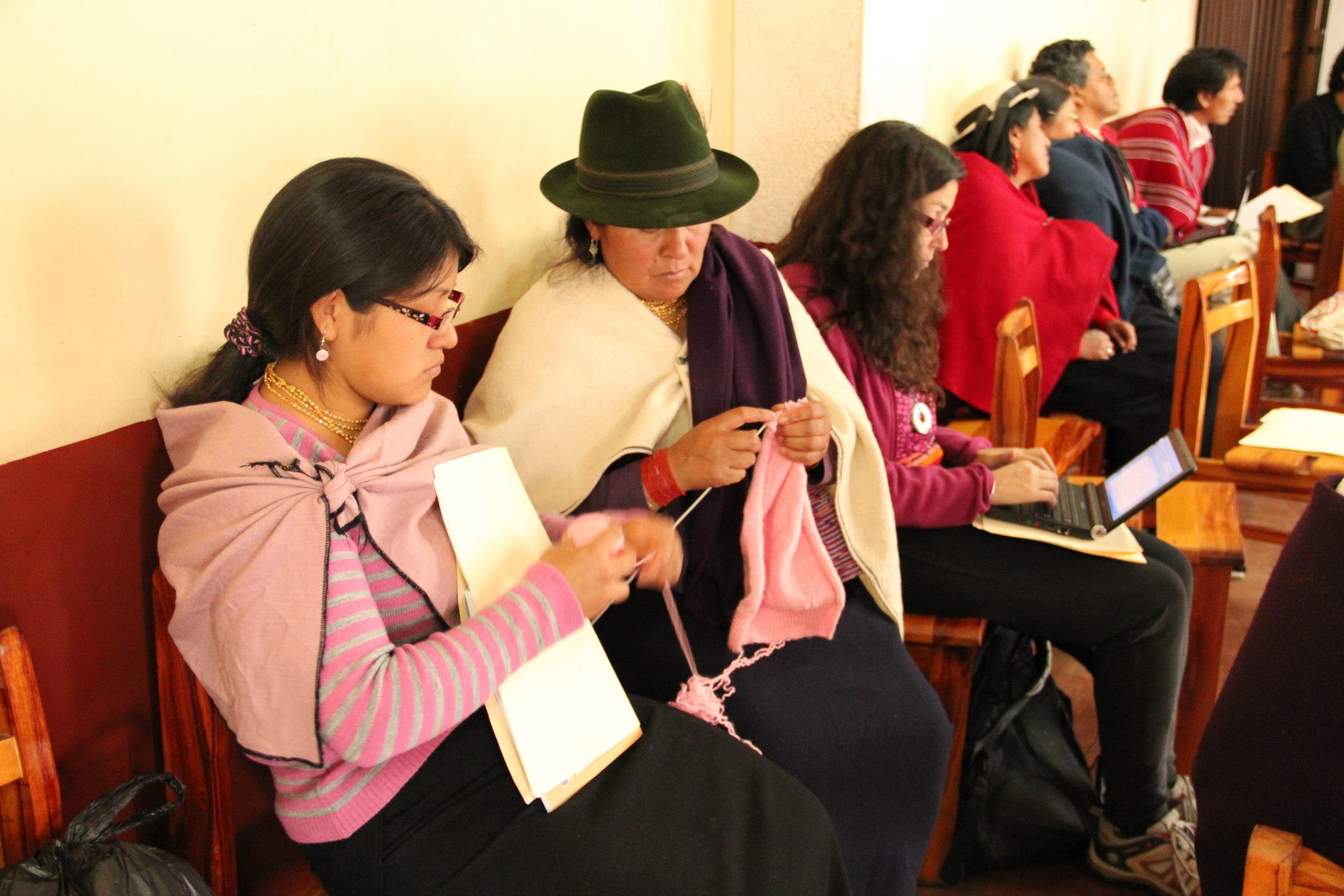
Objectives
The ICCI has set objectives aimed at:
Conducting anthropological, sociological, legal, and historical research.
Providing organizational, educational, ecological, legal, and cultural technical assistance to indigenous communities, peoples, and organizations.
Offering technical assistance in the planning, implementation, monitoring, and evaluation of development projects benefiting the indigenous population.
Developing training materials in various areas according to identified needs.
Publishing and disseminating studies, research, and other activities promoted by the ICCI and other indigenous organizations.
Maintaining a library, videos, and music.
Areas of Action
The task of the Indigenous Cultures and Sciences Institute (ICCI) is to establish conditions and promote the continuity of a line of reflection, analysis, and dissemination aimed at providing theoretical organization and indigenous recognition.
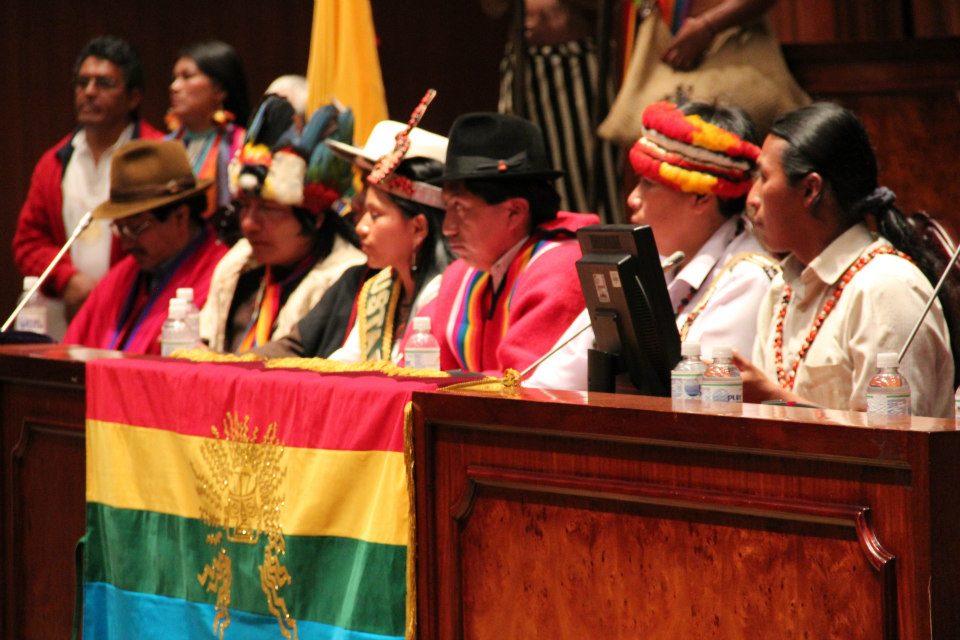
ICCI.
Indigenous Cultures and Sciences Institute
It is a space created within the Ecuadorian indigenous movement to accompany, through critical reflection, theoretical systematization, academic debate, and scientific production in the social sphere, the political journey of the Confederation of Indigenous Nationalities of Ecuador, CONAIE.
The ICCI was created in the same year as CONAIE (1986) and by the same leaders who founded CONAIE, as a strategy to support indigenous organization from a position that allows for criticism while being proactive and supportive. Since then, the ICCI has fostered reflection within the indigenous movement on the
fundamental contents of its historical project, accompanying the political journey of this project through its various publications, roundtable discussions, academic conferences, etc.
However, power structures within Ecuador have generated deep-seated racism that sustains various dynamics of exclusion and exploitation concerning indigenous peoples and nationalities. It is a position of ignorance and invisibility that even permeates theoretical interpretation. Officially recognized social sciences have turned indigenous peoples and nationalities into objects of study and have portrayed the
emancipatory project of the indigenous movement, namely the proposal for a Plurinational State, as an ethnic agenda of a social actor pressing for its own demands within a particular collective action.
The ICCI has deemed it necessary to bring the debate on the contents of the historical and emancipatory project of peoples and nationalities, even to theoretical and epistemological levels. In the late nineties, the ICCI proposed the need to create a space for academic reflection from the indigenous world that promotes the dialogue of knowledge. As a result of this initiative, the Intercultural University of Peoples and
Nationalities, Amawtay Wasi, was created.
Through this virtual space, the ICCI aims to open the debate on the contents that the Ecuadorian indigenous movement has in the post-neoliberal globalization era and in the violence within the modern world-system, which are condensed in its proposal for the Plurinational State. The pages of this portal are open to all who want to learn about the political trajectory of the Ecuadorian indigenous movement and to all who want to contribute to the reflection on one of the most complex social and historical processes, which is the construction of the plurinationality of the State.
Some analysts, including those of Alianza País, have characterized the present period as a change of epoch, but those who have best analyzed this period are the Polo Democrático by locating what they say are the coordinates, among them of epoch but also those of process, for example the Bolivarian...Ver más
POLITICAL AND INSTITUTIONAL CRISIS
In the late seventies, Latin America returned to democratic rule after years of military dictatorships. The new democratic era was accompanied and characterized by neoliberal economic policies......
Reed MorePablo Dávalos
The last week of November and the beginning of December (2007), the Ecuadorian regime faced the mobilization in the parish of Dayuma,...